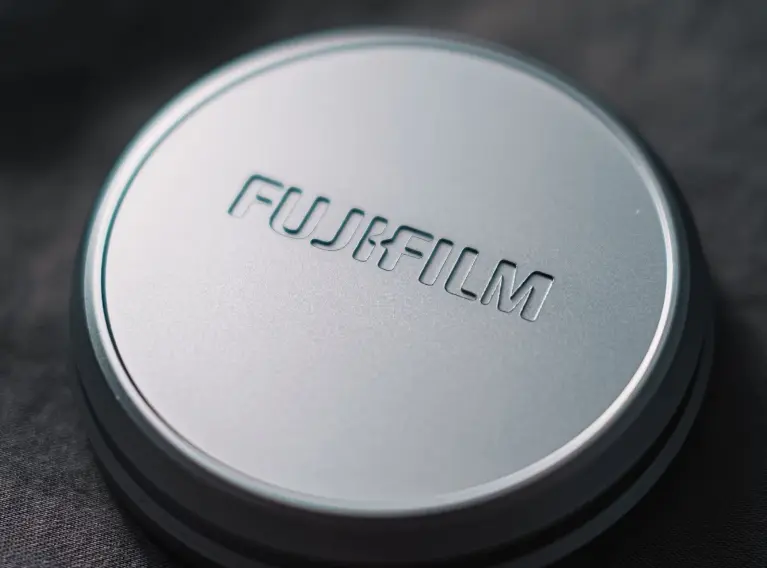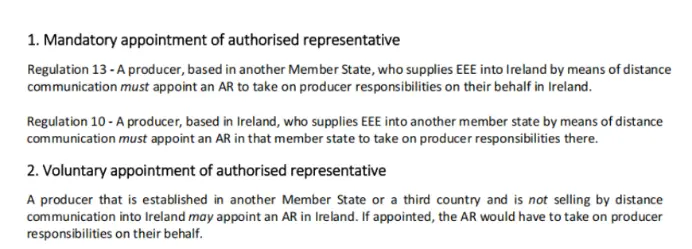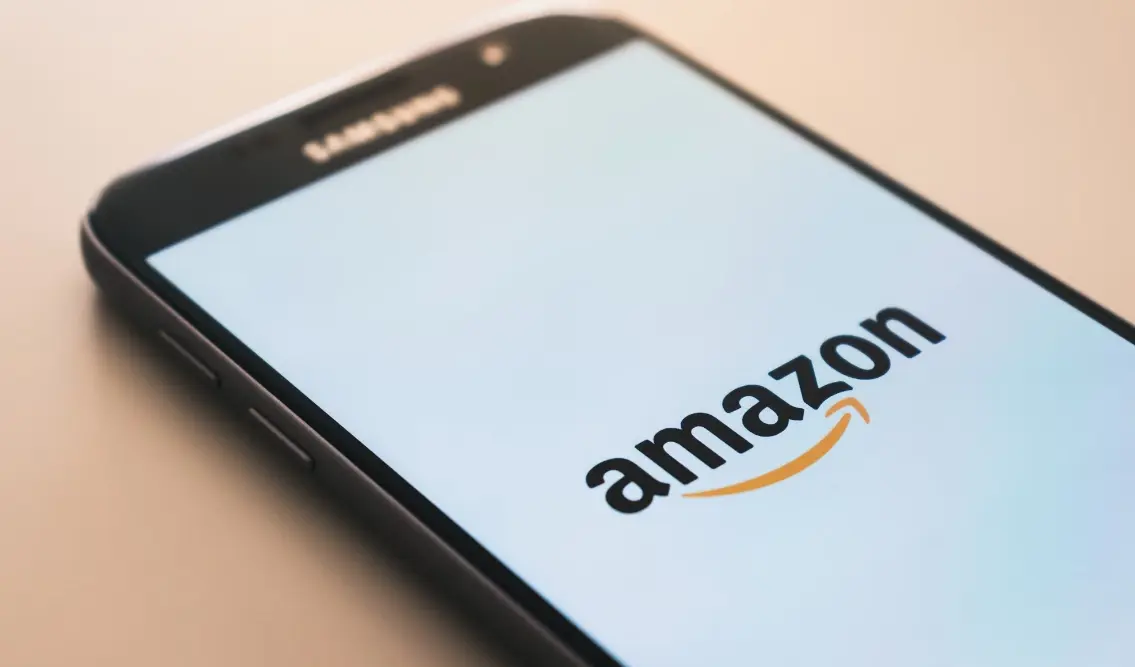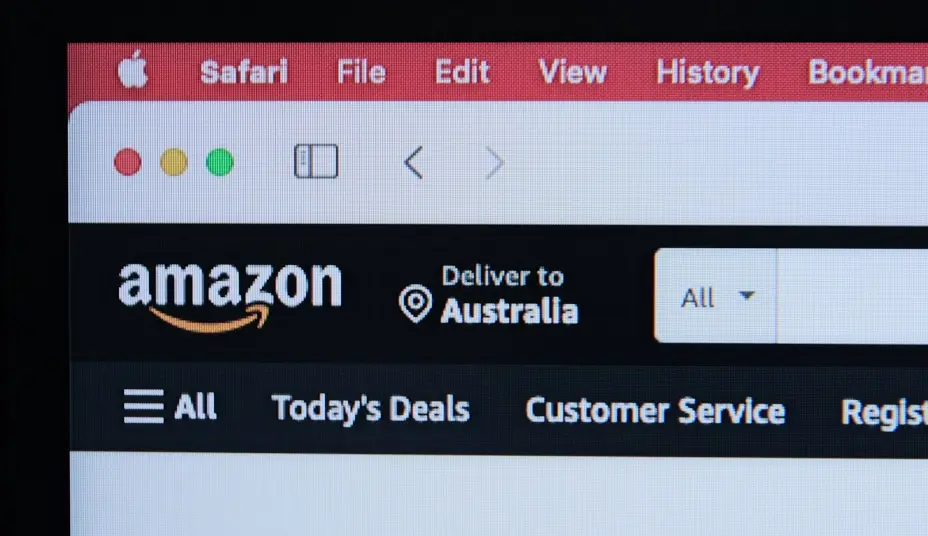
Amazon Lithium Battery Sales Compliance
As of January 1, 2020, battery manufacturers and distributors are requiRED to provide a un38.3 test Summary in accordance with United Nations standards. This global regULation applies to all lithium batteries and products containing lithium batteries.
If you sell via Fulfillment by Amazon (FBA), it is your responsibility to obtain and upload the un38.3 Test Summary for each ASIN you sell. Failure to provide the summary may result in removal of your listings or disposal of inventory at your cost. The summary must be uploaded under the designated "Lithium Battery Test Summary" section. Additional product information is also required.

Key Information Summary
Starting January 1, 2020, Amazon requires all sellers to submit UN38.3 documentation. No document = No sales.
1. Applicable to all marketplaces, including Amazon Japan.
2. Independent of Dangerous Goods (DG) review—must be submitted through a separate process.
3. Applies to FBA lithium battery products, including those containing lithium batteries.
4. The battery manufacturer is responsible for conducting and issuing the test report (any manufacturer involved in import/export should possess this document).
What Is un38.3 certification?
In air transportation, due to the inherent risks of lithium batteries, regulatory bodies like ICAO, IATA, and local aviation authorities have imposed strict rules. All lithium battery products must pass the UN38.3 certification before air shipment.
According to public information, UN38.3 refers to Section 38.3 of Part 3 in the UN Manual of Tests and Criteria for the Transport of Dangerous Goods. It mandates several safety tests for lithium batteries, including:
- Altitude simulation
- Thermal test (temperature cycling)
- Vibration
- Shock
- External short circuit at 55°C
- Impact
- Overcharge
- Forced discharge
If batteries are not installed in the device and the packaging contains more than 24 cells or 12 batteries, a 1.2-meter drop test is also required.
Why the Change?
While UN38.3 testing has long been required for transport, previously there was no clear mandate to provide a test summary. Traditional reports were highly technical and difficult for non-experts to interpret.
To improve accessibility and global safety compliance, the UN Sub-Committee of Experts introduced a simplified document: the UN38.3 Test Summary, which must accompany lithium battery shipments.
Amazon and international air freight regulations now require this document to ensure transportation safety.
What the UN38.3 Test Summary Must Include
1. Name of the cell, battery, or product manufacturer (as applicable)
2. Manufacturer’s contact details (address, phone, email, website)
3. Testing laboratory contact information (name, address, phone, email, website)
4. Unique test report ID
5. Test report issue date
6. Battery description including:
- Type (Li-ion or lithium metal)
- Mass
- Rated power or lithium content
- Appearance
- Model number
7. Summary of tests conducted and pass/fail results
8. Reference to assembled battery tests (if applicable), i.e., 38.3.3(f) and 38.3.3(g)
9. Edition of the UN Manual of Tests and Criteria used
10. Signature, name, and title of the authorized person certifying the document
Seller Responsibilities
Although the manufacturer provides the test summary, sellers must verify that all required fields are completed before shipping. Incomplete summaries may lead to sales bans or inventory disposal.
Products Requiring UN38.3 Testing
The following products typically require UN38.3 certification:
1. Lead-acid batteries (e.g., for car starters, stationary use, or sealed types)
2. Power lithium batteries (e.g., for electric vehicles, tools, hybrid systems)
3. Mobile phone batteries (e.g., Li-ion, Li-polymer, NiMH)
4. Small rechargeable batteries (e.g., for laptops, cameras, wireless devices, MP3 players)
5. Primary batteries (e.g., alkaline zinc-manganese, lithium-manganese)
UN38.3 Certification Process
Testing Timeframe:
Standard testing takes 12–15 business days. JJR Lab in China provides quick and convenient certification services.
Steps to Certify:
1. Application
- Submit company information
- Provide product specifications
2. Quotation
- Based on provided data, determine test standards, duration, and cost
3. Payment
- Upon confirmation, sign the application and service agreement and pay full fees
4. Sample Submission
- Send product samples and complete the application form
5. Testing
- Laboratory performs full testing and variant checks
6. Report Completion
- Upon passing, a complete report is issued
7. Certification Issued
Required Documents for Application
1. Authorization Letter (signed and sealed; digital preview can be submitted first)
2. 1.2m Drop Test Report (not needed if the battery is pre-installed in a device)
3. Lithium Battery Shipping Declaration & Accompanying Documents
4. Packaging Images (clear photos; warning labels must be visible on packaging)
Note: Items 1–3 must be stamped and mailed in original form.
Final Reminder
If you're selling any lithium battery-related product on Amazon, check your documentation before shipping to FBA. Missing test summaries may lead to sales suspension, continued storage fees, and inventory loss.
Due to the hazardous nature of lithium batteries, UN38.3 compliance is now required for ocean, land, and rail transport as well.
With the January 1, 2020 deadline now passed, if you're a battery manufacturer or seller and haven’t completed this testing—act immediately. This protects both your customers and your business.
Email:hello@jjrlab.com
Write your message here and send it to us
 Irish Battery Act Requires an Authorised Represent
Irish Battery Act Requires an Authorised Represent
 Swedish Battery Act Requires an Authorised Represe
Swedish Battery Act Requires an Authorised Represe
 Amazon TIC Provider
Amazon TIC Provider
 Amazon Battery and Charger Requirements
Amazon Battery and Charger Requirements
 Amazon Japan METI A Domestic Administrator Service
Amazon Japan METI A Domestic Administrator Service
 What is "Amazon Japan PSE: A Domestic Adminis
What is "Amazon Japan PSE: A Domestic Adminis
 What Does "ASTM F963-17 Certified" Mean?
What Does "ASTM F963-17 Certified" Mean?
 ASTM F963 Board Games Compliance Testing
ASTM F963 Board Games Compliance Testing
Leave us a message
24-hour online customer service at any time to respond, so that you worry!




